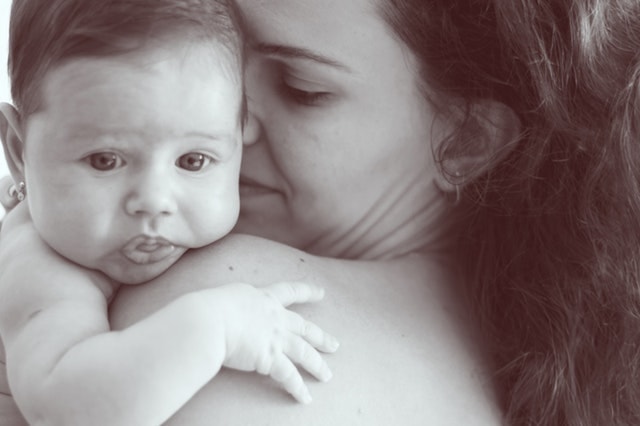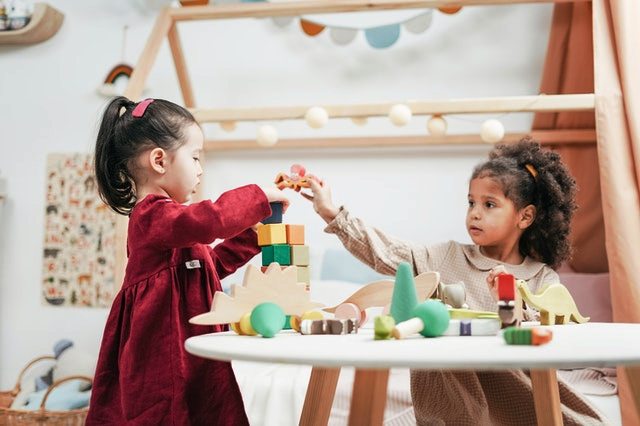Last Updated on 2 years ago by Priyanka Handique
The traditional roles of mothers and fathers in child-rearing have undergone significant changes over the past few decades. Shifting societal norms, economic demands, and a deeper understanding of child development have all contributed to this evolution. Today, the roles of mothers and fathers are more fluid and dynamic, reflecting a more equitable approach to parenting.

Historical Context: Traditional Roles
Traditionally, mothers were seen as the primary caregivers, responsible for the day-to-day nurturing and upbringing of children. Fathers, on the other hand, were typically the breadwinners, providing financial stability and discipline. These roles were deeply rooted in societal expectations and gender norms.
The Shift Towards Shared Parenting
In recent years, there has been a significant shift towards shared parenting, where both mothers and fathers take active roles in all aspects of child-rearing. This change is driven by various factors:
- Increased Workforce Participation of Women:
- As more women have entered the workforce, the traditional model of mothers as primary caregivers has evolved. Dual-income households are now common, necessitating a more balanced distribution of parenting responsibilities.
- Changing Gender Norms:
- Societal views on gender roles have become more progressive, challenging the stereotypes that once defined motherhood and fatherhood. There is growing recognition that both parents are equally capable of nurturing and providing for their children.
- Research on Child Development:
- Studies have shown that children benefit from the active involvement of both parents. A father’s presence and participation in caregiving can positively impact a child’s emotional, cognitive, and social development.
The Modern Mother: Balancing Multiple Roles
Modern mothers often juggle multiple roles, balancing careers, household responsibilities, and active parenting. This has led to several notable changes in the maternal role:
- Work-Life Integration:
- Many mothers strive to integrate their professional and personal lives, seeking flexible work arrangements that allow them to be present for their children while pursuing their careers.
- Equal Parenting:
- Mothers are increasingly sharing parenting duties with their partners, from diaper changes and bedtime routines to attending school events and extracurricular activities.
- Self-Care and Personal Growth:
- Recognizing the importance of self-care, modern mothers are prioritizing their own well-being and personal growth. This holistic approach to motherhood benefits both the parent and the child.
The Modern Father: Embracing Active Parenthood
Fathers today are more involved in child-rearing than ever before, embracing roles that were once considered exclusively maternal:
- Hands-On Caregiving:
- Modern fathers are actively engaged in daily caregiving tasks, such as feeding, bathing, and playing with their children. This hands-on involvement strengthens the father-child bond.
- Emotional Support:
- Fathers are now more attuned to providing emotional support and nurturing, fostering open communication and emotional intelligence in their children.
- Shared Responsibilities:
- Fathers are taking on more household responsibilities, contributing to a balanced and cooperative family dynamic. This shared approach to parenting helps model gender equality for children.
The Benefits of Evolving Parenting Roles
The evolving roles of mothers and fathers in child-rearing bring several benefits to families and society:
- Stronger Family Bonds:
- When both parents are actively involved, children experience stronger bonds with each parent, fostering a sense of security and belonging.
- Balanced Child Development:
- Children benefit from diverse parenting styles and perspectives, which contribute to a well-rounded development. They learn to navigate different relationships and build resilience.
- Gender Equality:
- Shared parenting promotes gender equality, challenging traditional stereotypes and empowering both parents to pursue their goals and aspirations.
- Improved Well-Being:
- Equitable parenting leads to improved well-being for both parents, as responsibilities are shared, reducing stress and preventing burnout.
Challenges and Future Directions
Despite the progress, challenges remain. Balancing work and family life can still be demanding, and societal expectations can sometimes lag behind the evolving roles. However, continued advocacy for flexible work policies, supportive parenting resources, and ongoing dialogue about gender roles will help pave the way for future generations.
Conclusion
The roles of mothers and fathers in child-rearing have evolved significantly, reflecting broader societal changes and a deeper understanding of the importance of shared parenting. As both parents embrace more fluid and equitable roles, families are becoming stronger, more resilient, and better equipped to nurture the next generation. This evolution not only benefits children but also promotes a more inclusive and equitable society.
MORE POSTS: The Role of Family Support in Overcoming Childhood Trauma



